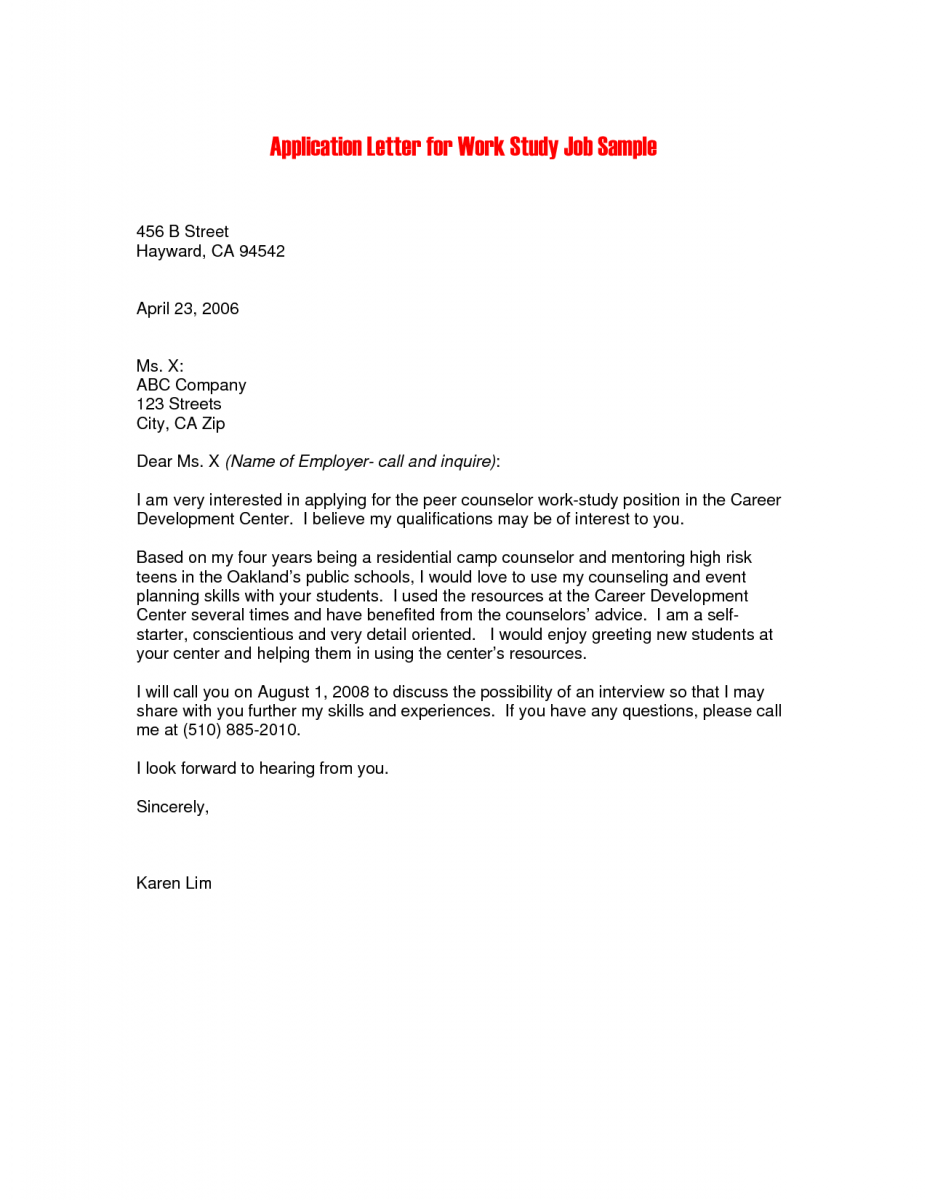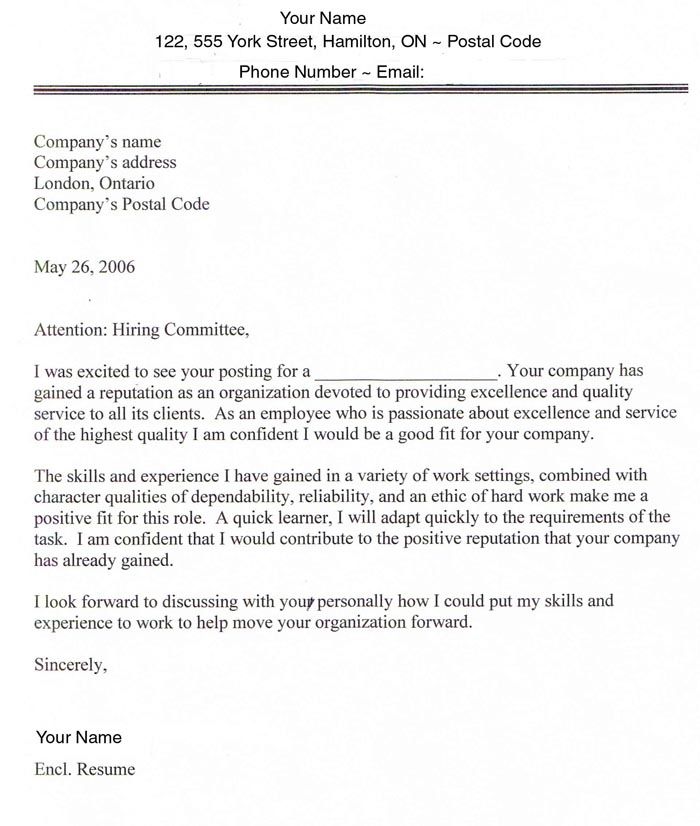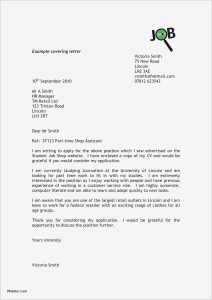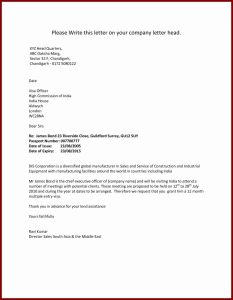When you write your cover letter samples write one for a position similar to your current job and another letter for a position that would be an upward move for you. As you are aware I started a job at name of the company you currently working at however I am not able to cope up with the work environment and the duties of the company.

21 Job Application Letter Format Application Letters Job Application Letter Format Resume Cover Letter Examples
Adhere to these 9 pointers to compose a winning cover letter.

Sample cover letter to apply for a job at a company that you have already worked for. Although you might think it is something you do not want to take into consideration you should also create a sample for jobs below your current level. Your overarching goal of course is to get a job offer. May 01 2018 When writing a cover letter be sure to reference the requirements listed in the job description.
Its a way to explain specific scenarios and call out essential skills that arent already covered in your resume. Offer details about your experience and background that show why you are a good candidate. Aug 15 2019 Cover letter suggestions for innovation experts.
Using the employers real name. It is commonplace for companies to hire for positions from within their existing employee base and there are many opportunities to progress within your career internally. Jun 13 2019 1mention a successful project that you have completed under your previous company 2mention growth in sales marketing engagement shares customer satisfaction etc.
Feb 12 2020 When youre trying to put together a cover letter with no experience it can be a real challenge to convince an employer that you have what it takes to handle his companys job. Drop down four lines then type the date on the left side. It is appropriate to include a cover letter with your application or to send it as an email when attaching your resume or reaching out to a recruiter or hiring manager.
The opportunity to join your team two years ago as a Receptionist gave me the chance to work with a highly talented team in an exciting industry. Use your application letter to further both of these causes. Your cover letter is the place to sell your skills and show your interest in the position.
When writing a cover letter make sure you are using the best type of cover letter. Always send a cover letter with your resume unless the job listing specifically says not to do so. Mar 15 2018 In your letter discuss what you liked about working for the company and why you would like to return.
Mar 11 2021 Your first goal with this letter is to progress to the next step. Dec 21 2020 Free Cover Letter for Internal Position Sample. Dec 05 2018 Create a heading for the cover letter consisting of your name address phone number and email address.
Jul 05 2017 Write the letter in business format just as you would any resume cover letter. A hastily composed letter or no letter in all can be stalling your IT job search. If youre ready to apply.
Always remember though that you have skills and personal characteristics as well as a history of accomplishments outside the workforce. Mar 12 2021 Dear Ms. Apr 14 2021 A general cover letter also known as a generic cover letter is an all-purpose universal document particularly useful when you apply for multiple positions or when youre going to a job fairA good general cover letter highlights your relevant skills and experience and sums up the key points of your resume.
How have other jobs prepared you for the position. I worked for ABC Company in the sales department from 2005 until 2012 when I resigned to. Writing a cover letter for internal position roles is a special kind of cover letter that is different from applying to other job.
Address the letter to someone in a hiring capacity who knows you or is at least familiar with your name if possible. Take the time to mold each cover letter to each job you apply for. Begin your letter with Dear Mr.
Hence I am writing to explore about the circumstance of returning to my post as your post in the previous company at your company on which I had been working for number of years you worked in that company. W__hile it was difficult to be let go last year when the company restructured the. Youre a scroll away from it.
How much time do you invest in your cover letter. As desired 3mention one particular project that you have improved in relation with your team. Im very interested in the production supervisor job posted on ABC Companys careers web page.
Include your address block or letterhead the employers address block and the date of the letter at the top of the page. Mar 19 2018 Example. In the same way that you might reference resume samples the following Sales cover letter example will help you to write a cover letter that best highlights your experience and qualifications.
Leave two more lines and enter your employers name company and address. Sep 21 2018 Cover Letter Examples for 2021. But dont use the same one for each job.
In your letter reference your most relevant or exceptional qualifications to help employers see why youre a great fit for the role. The below cover letter for internal job roles provides a good framework for writing your own cover letter for internal promotion within your company. Silverton Delighted at the prospect of growing my career with Company ABC Im writing to apply for the open Administrative Assistant position.
Its a great chance to highlight achievements that would make you an ideal candidate for the job. No matter what stage you are at in your career a cover letter is an important document to demonstrate your experience and fit for the position you are applying. If the answer is very little you could be losing out on high quality interviews.

How To Write A Cover Letter 1754 1240px Simple Cover Letter Letter Format And Sample F Job Cover Letter Cover Letter For Internship Cover Letter For Resume

Internship Job Application Letter How To Write An Internship Job Application Letter Dow Cover Letter For Internship Cover Letter For Resume Job Cover Letter

25 Cover Letter Examples For Resume Cover Letter For Resume Cover Letter Example Letter Example

27 Examples Of Cover Letters For Employment Resume Cover Letter Template Sample Resume Cover Letter Cover Letter For Resume

Resume Cover Letter Template Examples Cover Letters Free Sample Letter And Cover Letter Cover Letter For Resume Resume Cover Letter Template Job Cover Letter

Cover Letter Cover Letter Sample For Job Application Pertaining To Job Application Template Word Job Cover Letter Cover Letter Example Cover Letter For Resume

30 Sample Cover Letter For Internship Job Cover Letter Resume Cover Letter Examples Career Change Cover Letter

27 Cover Letters That Work Job Cover Letter Application Cover Letter Job Application Cover Letter

26 Sample Cover Letters For Employment Cover Letter For Resume Job Cover Letter Cover Letter Template Free

27 How Do You Write A Cover Letter Job Cover Letter Writing A Cover Letter Cover Letter For Resume

Cover Letter Sample Returning Previous Employer Cover Resume Job Cover Letter Writing A Cover Letter Good Cover Letter Examples

Extended Leave Cover Letter Sample Cover Letter For Resume Cover Letter Sample Letter Sample

Professional Sample Letter Of Reapplication To Previous Company Lettering Job Cover Letter Employment

Cover Letter Examples Cover Letter For Resume Cover Letter Template Free Cover Letter Example

26 Cover Letter Template For Job Application Job Letter Application Letters Cover Letter For Internship

27 Cover Letter Formats Job Application Letter Sample Job Cover Letter Cover Letter For Resume

Cover Lettes Sample Cover Letter For Job Application Job Cover Letter Sample Resume Cover Letter Cover Letter For Resume

Sample Business Application Letter Sample Letters Job Application Letter Sample Application Letter Sample Job Letter

Cover Letter Sample Job Cover Letter Job Application Cover Letter Cover Letter For Resume

